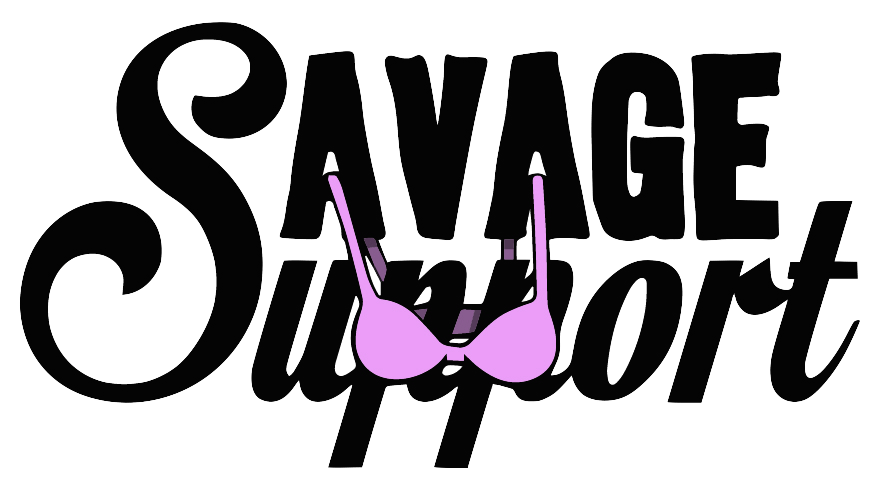If you know someone battling breast cancer (or if you received a diagnosis yourself) you may already understand how your stress can skyrocket after getting the news.
You now have to keep your treatment schedule organized, have to become fluent in doctor-speak, and will likely be full of questions and concerns about what comes next. If you are already undergoing treatment, you may be dealing with increased levels of pain that make it difficult to get simple tasks done. And the bills: oh the bills! That, on top of dealing with the other stresses that come with day-to-day life, can make things seem overwhelming.
While you may have found it relatively easy to grit your teeth and deal with the stress of daily life before your diagnosis, it may now feel more difficult to maintain your physical and emotional health with these new stress factors. In addition, many studies have shown that increased levels of stress can have a negative impact on breast cancer treatment outcomes.
If you know someone battling breast cancer (or if you received a diagnosis yourself) you may already understand how your stress can skyrocket after getting the news. The core mission of Savage Support is to help serve those experiencing breast cancer and the emotional stress that comes from the situation, assisting in various levels of stress care. Please reach out as we are here for you.
To understand how stress can negatively impact outcomes, we have to understand a bit about what stress really is and how it affects the body.
What is stress?
The feeling of stress is what happens when we are faced with the fight or flight response in our body. You have probably felt the response when you have been driving and you suddenly see a police officer driving behind you put their lights on. That moment of heightened awareness and alertness is your body dumping the fight or flight hormones into your bloodstream and making it so you are ready to face the situation.
In short-term instances, the stress response of releasing adrenaline, one of the three main stress hormones, is very important. Adrenaline, and a similar hormone norepinephrine, increase blood pressure and heart rate, improve your ability to breathe and move blood away from body systems like digestion and reproduction toward muscles in preparation to fight or run.
When humans were hunting and gathering, it was important to have this response so we could be alert and quickly run from danger or fight it. When the danger was gone, the stress hormones would be cleared from the body and the body would go back to functioning normally.
Chronic, or long-term stress (i.e. exposure to stress hormones), is far less helpful to the body. Low levels of cortisol (the third and longer-term stress hormone) in your body mean that you are constantly in a state of low-level alertness, and that alertness takes a toll. Cortisol affects the body by reducing inflammation, ensuring your body has enough energy to react, controls blood pressure, and impacts your sleep/wake cycle.
How does your body react when under stress?
Prolonged exposure to the stress response can affect the body in a variety of different ways. According to the Mayo Clinic, stress can affect your body, mood and behavior, all in negative ways. Stress can manifest itself in physical symptoms such as pain and muscle aches, headaches, fatigue and sleep problems or in emotional or psychological symptoms like anxiety, lack of motivation, angry outbursts, social withdrawal, and feeling overwhelmed.
Long-term stress can also lead to a compromised immune system, making it harder for you to fight off infections. This can be especially bad news if you are undergoing cancer treatment, as many of these treatments can decrease your bodies natural ability to fight off infections too.
How do you reduce stress?
Now that we know how stress affects us, you probably want to know how to reduce stress!
Savage Support is working with a variety of professionals to teach you how. As a part of this ongoing series of articles, we will be getting recommendations from experts in their fields to help you take care of yourself during and after breast cancer treatment.
We will first be chatting with Dr. Leslie Waltke of the Waltke Cancer Rehabilitation Academy & The Recovery Room. She will share her experience as a physical therapist and shed a bit of light on how exercise can improve outcomes and why she says you should start an exercise program upon diagnosis.

0 Comments